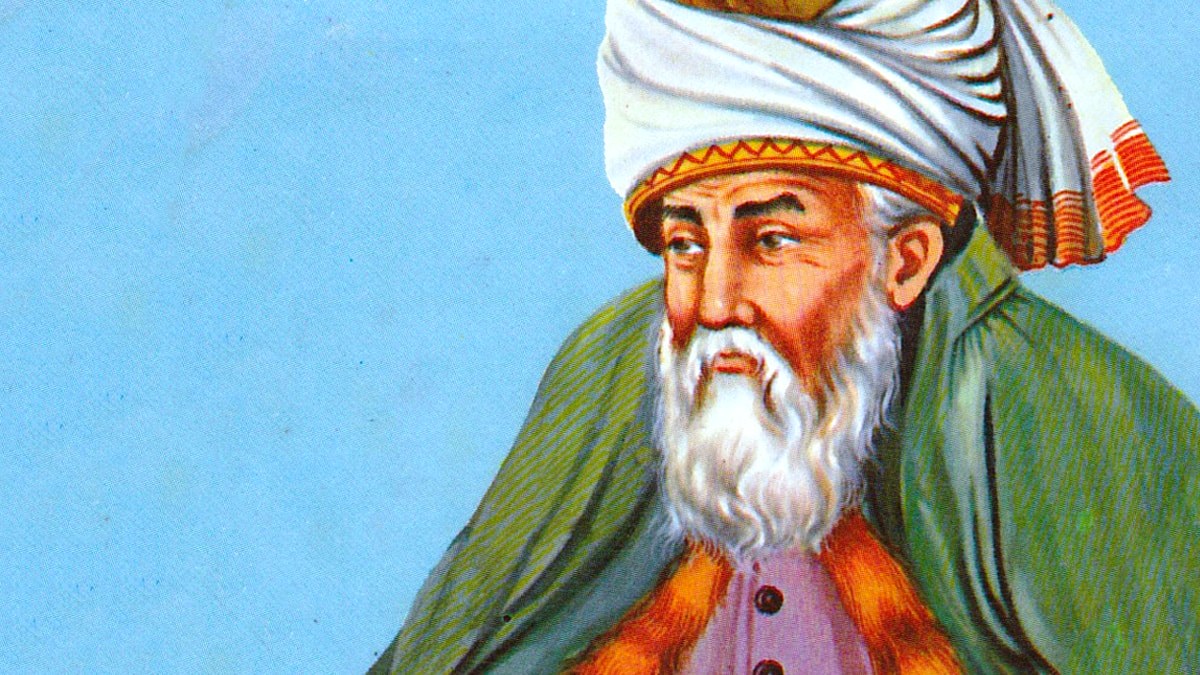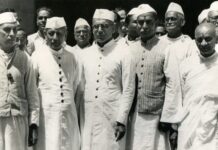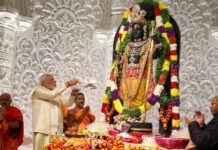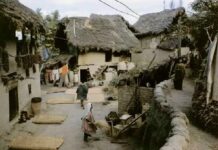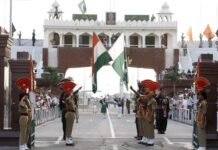Notwithstanding its remoteness, Kashmir has always remained connected with the major movements the world over. Its transition to Islam is one such milestone. However, Kashmir consistently remained conscious of its identity, Babra Wani writes after reading the latest book by a Kashmir author
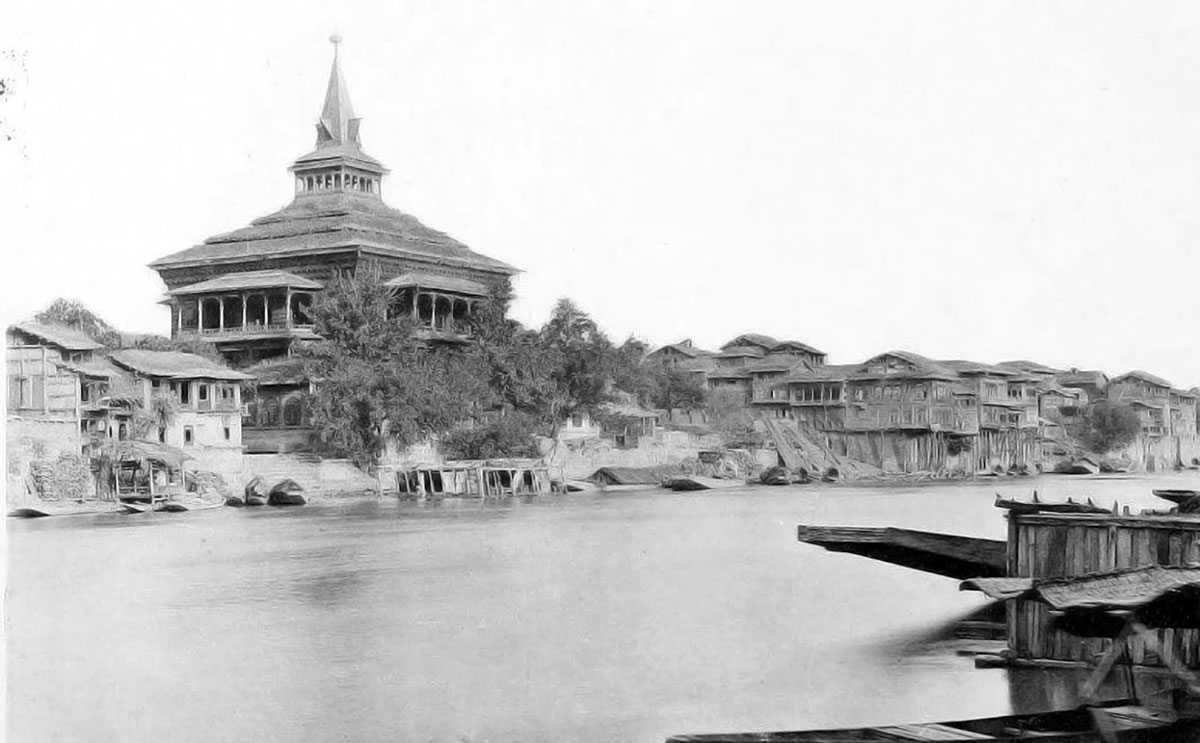
In his Reflections on Kashmir and the Muslim World that was published by Gulshan Publishers, Dr Altaf Hussain Yatoo embarks on a journey that weaves together the rich tapestry of Kashmir’s history, culture, and politics with broader themes resonating in Muslim societies worldwide. It represents a contribution to the discourse surrounding Kashmir’s intricate relationship with the immediate plains and the global Muslim community.
The book’s structure is artfully organised into distinct sections, each offering a unique perspective and insight. As readers embark on this voyage, they are immediately struck by the author’s command of language and research. Dr Yatoo’s ability to weave together historical narratives, cultural analyses, theological reflections, and contemporary political critiques is impressive. His multilingual proficiency, encompassing Urdu, Kashmiri, Persian, and English, enriches the book’s content, making it a true scholarly gem.
Contextual Analysis
The book’s central strength lies in the author’s ability to contextualise complex developments within Kashmir and the broader Muslim world. He provides readers with the necessary historical, political, and cultural backdrop to understand the multifaceted issues. This contextual grounding, combined with his use of periodisation, enhances the quality of his contemporary commentary. It is a testament to his academic prowess and dedication to delivering a comprehensive narrative.
The book’s multidisciplinary approach is another hallmark. Drawing from the fields of history, anthropology, religious studies, and political science, he brings a nuanced perspective to his analysis. This interdisciplinary lens allows him to delve deep into subjects like Kashmiriyat and the origins of Islamophobia, shedding light on their intricacies and interconnections. This commitment to a holistic understanding of complex issues makes the book a scholarly treat. Despite its academic nature, the book remains remarkably accessible to a broad readership.
Insider’s Perspective
One of the book’s aspects is the author’s perspective as a native Kashmiri academic. It provides a counter-narrative to dominant Indian perspectives, allowing him to shed light on the lived experiences and aspirations of the Kashmiri people. His passionate advocacy for Kashmiri self-rule is palpable throughout the book, lending urgency and authenticity to his analysis. It is this intimate connection to the subject matter that infuses the book with a sense of moral purpose and a call for justice.
Dr Yatoo’s reformist religious orientation is another asset that enriches the book’s content. His advocacy for the revival of the dynamic heritage of early Islam offers a progressive religious commentary that is both insightful and relevant. By addressing contemporary challenges through the prism of Islamic history and thought, he contributes to a more comprehensive understanding of the issues facing Muslim societies today.
Kashmir’s Religious Evolution
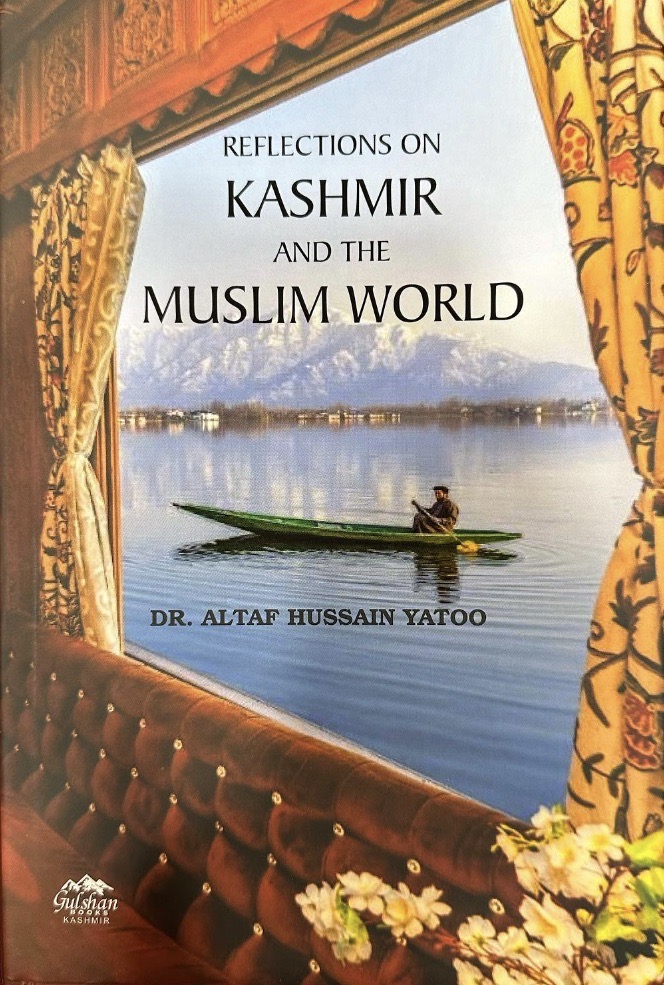
It begins with the introduction of Islam to Kashmir, a process initiated through the peaceful missionary activities of Sufi mystics in the fourteenth century. He examines the assimilation of Persianate Sufi culture with the preexisting Hindu and Buddhist traditions, revealing the intricate process of cultural synthesis that unfolded. This historical context dispels misconceptions and challenges narratives of forced conversions, offering a nuanced perspective on the region’s religious evolution.
A chapter delves into the reign of Sultan Sikandar, a period marked by both the expansion of Islamic governance in Kashmir and the controversial destruction of Hindu and Buddhist sites. The author dissects the complex motivations underlying his actions, shedding light on the interplay between religious zeal and secular governance.
The book also shines a spotlight on the influential fourteenth-century Sufi, Mir Syed Ali Hamadani, whose role in advancing Islam among Kashmiri elites is examined in detail. Dr Yatoo portrays Hamadani’s impact as predominantly peaceful, contributing to the broader tapestry of Kashmir’s religious and cultural history. This exploration of historical figures adds depth and dimension to the narrative, providing a richer understanding of the forces that have shaped Kashmir’s identity.
Mughal Rule
Transitioning to the Mughal era, the author offers readers insights into how Kashmir came under Mughal imperial rule in the sixteenth century, following the decline of its indigenous Sultanate. This historical background illuminates the intricate interactions and power dynamics that determined the region’s destiny, underscoring the book’s commitment to contextualization.
A particularly intriguing section of the book is devoted to the exploration of Kashmiri identity. Dr Yatoo encompasses various components, including language, historical myths, cuisine, and cultural practices, to foreground an authentic indigenous identity that stands distinct from India. This chapter serves as a testament to the author’s dedication to preserving and celebrating Kashmir’s unique character and national identity.
The Erosion of Trust
The chapter Election Rigging and the Erosion of Kashmiri Trust represents a pivotal juncture in the book. Here, the author periodizes key events, particularly the 1987 state elections, which played a significant role in triggering the crisis in the 1990s. He presents these rigged elections as emblematic of the erosion of trust and denial of Kashmiri political agency. This lens provides readers with a crucial perspective through which to comprehend the erosion of trust in the region.
The book seamlessly transitions to its section, Islamic Studies. In these thought-provoking chapters, Dr Yatoo delves into Islamic leadership principles and the rich heritage of the faith. He draws ethical lessons from the conduct of prophets and Caliphs, shedding light on the ideals of servant leadership deeply ingrained in Islam. However, the author does not shy away from lamenting the contemporary crisis of leadership in the Muslim world, offering a critical examination of the current situation.
Another chapter introduces readers to the nineteenth-century Muslim reformer Jamal al-Din al-Afghani, a pivotal figure in Islamic political thought. Al-Afghani’s writings advocating pan-Islamic solidarity against colonialism come under Dr Yatoo’s analytical lens, highlighting the reformer’s anti-sectarian and modernist outlook. This section offers a window into the intellectual currents of the time and their relevance to contemporary issues.
The works of poet-philosopher Muhammad Iqbal take centre stage in yet another chapter. Dr Yatoo discusses Iqbal’s writings, which explore the revitalization of Islamic civilization in the context of the twentieth century. Through this discussion, readers gain insights into Iqbal’s vision and his contributions to Islamic thought.
Continuing his exploration of influential ideas and figures, Dr Yatoo critiques Edward Said’s seminal work, Orientalism, from an Islamic perspective. He argues that Western discourses distorted the diversity of Muslim societies to justify imperial domination, shedding light on the power dynamics at play in the field of Oriental studies.
Contemporary Challenges
The book’s section, Muslim World, offers a deep dive into contemporary events and issues. Dr Yatoo traces the emergence of the Taliban in 1990s Afghanistan, attributing it to complex geopolitical factors such as the Soviet invasion, warlordism, and the influence of Deobandi ideology. This section provides valuable historical context for understanding the ongoing situation in Afghanistan.
Shifting focus to the Middle East, the book’s analysis extends to the Arab Spring, a transformative moment in recent history. Dr Yatoo analyses the causes, trajectory, and outcomes of the 2011 pro-democracy Arab Spring protests, offering insights into the complex dynamics of the region and the struggles for democracy and change.
The book condemns the rise of Islamophobia in the West, a deeply troubling trend. Dr Yatoo critiques works like Samuel Huntington’s Clash of Civilizations for perpetuating reductive narratives that link Islam with violence and terrorism. Through this critique, he challenges harmful stereotypes and prejudice, advocating for a more nuanced understanding of Islam and its diverse adherents.
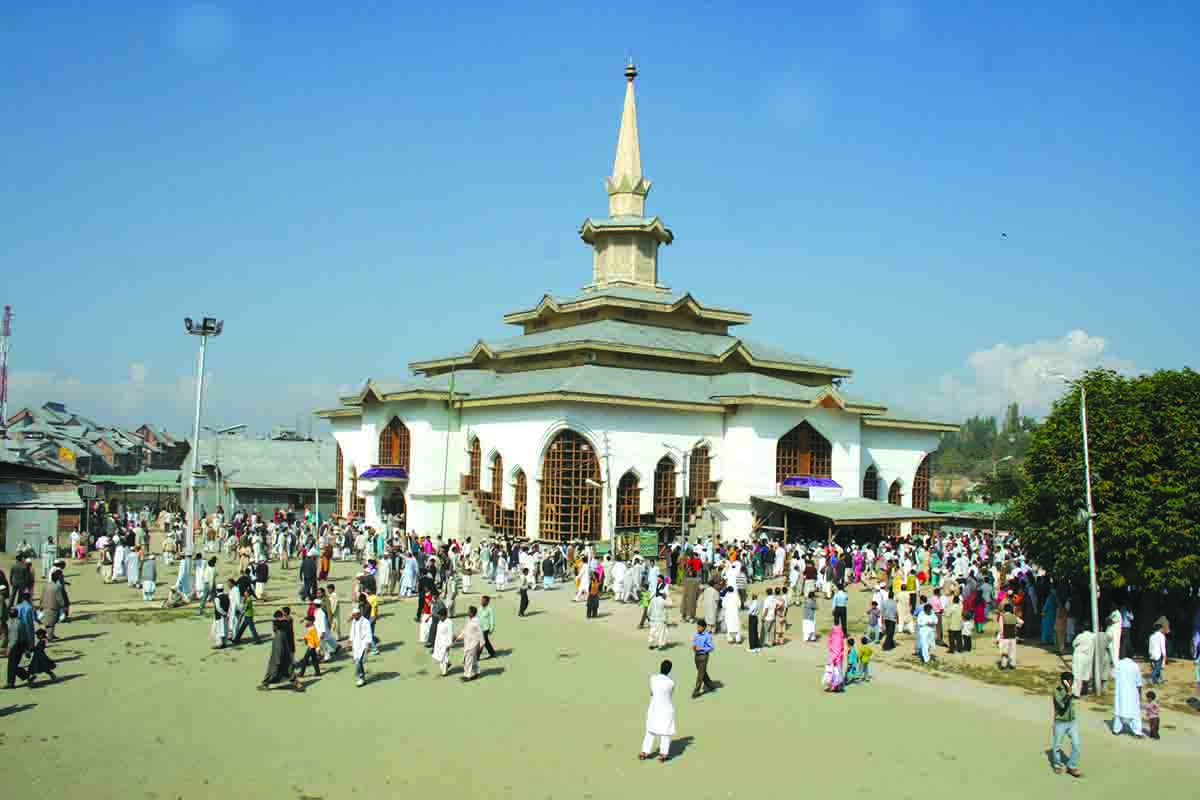
Academic Engagement
The author offers scholarly reviews of academic books and journals on subjects such as Sufism in Kashmir, the Ottoman Caliphate, and Muslim political thought. These reviews summarize arguments and assess contributions to academic discourse, reflecting Dr Yatoo’s commitment to rigorous scholarship.
The final section encompasses short reflective essays, speeches, biographical sketches, and other documents touching on various social and political issues on Kashmir and Muslims. This section adds a personal touch to the book, allowing readers to glimpse the author’s thoughts and reflections on contemporary challenges.



